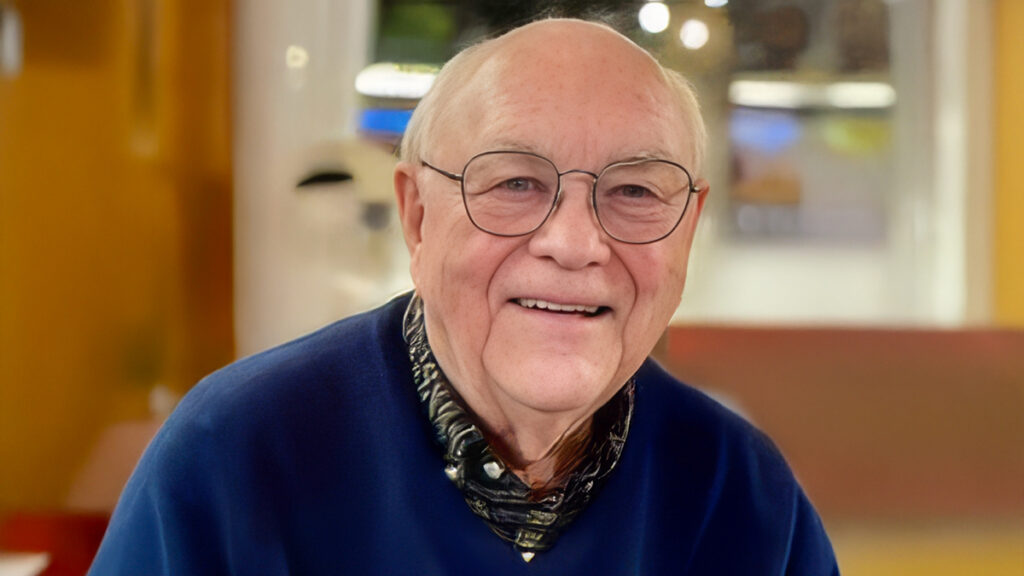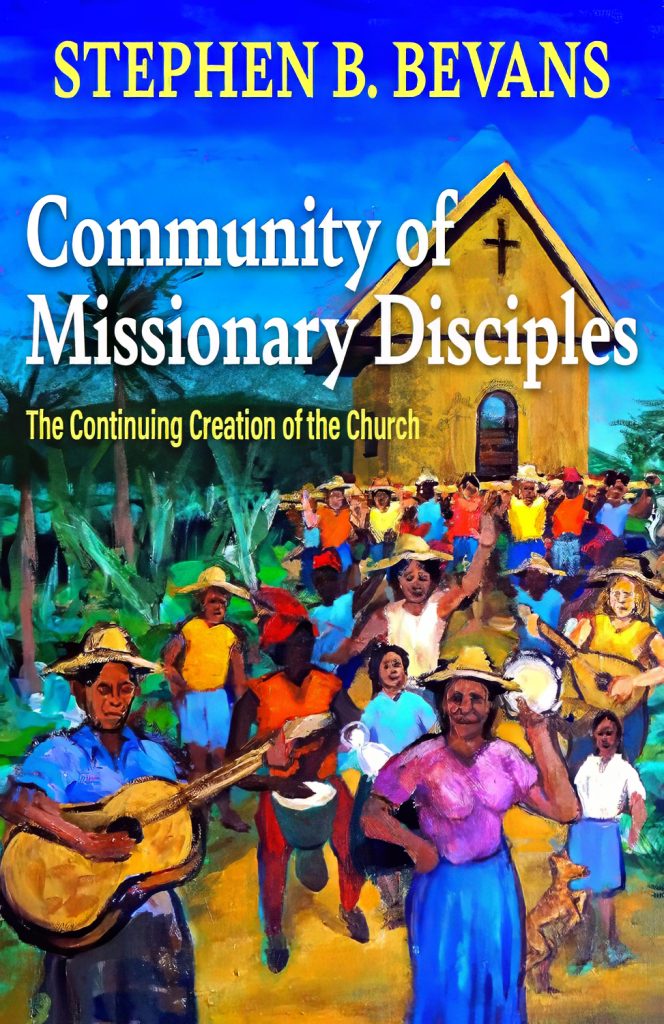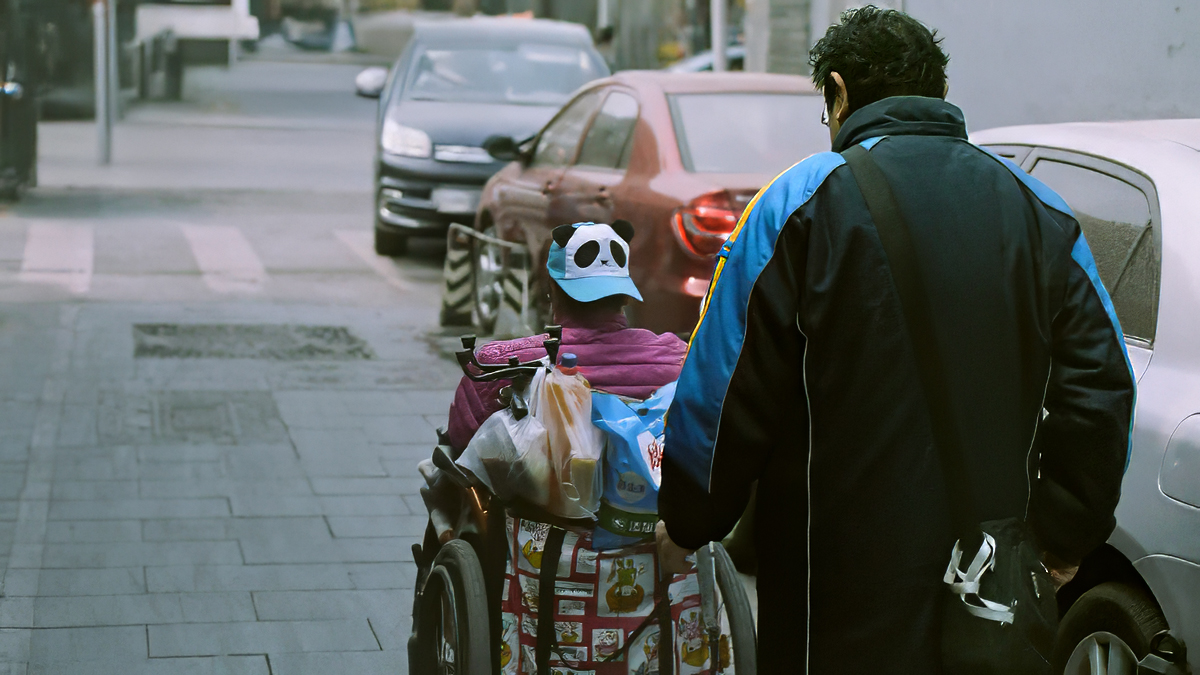About twenty-five years ago, there took place a public debate between Cardinal Walter Kasper and then-Cardinal Joseph Ratzinger regarding the “ontological priority” of the local or universal church.
Kasper came down on the local side. Ratzinger came down on the universal side.
In the end, they came to a “grudging rapprochement,” recognising the importance of each. Ultimately, they agreed, you can’t have one without the other (see Richard Gaillardetz, Ecclesiology for a Global Church, rev. ed., 2023, pp. 121–123).
Local realities and global experience
It seems to me, though, that in view of Vatican II’s acceptance of historicity, contemporary theology’s recognition of the centrality of experience, and the fact that we live in a globalised and diverse world, we need to start understanding the church today in its concrete, local reality.
We discover the meaning of the church where we are—perhaps in the context of our family, or in a parish, in a base community, in a vowed community, in a community gathered for worship, as a minority Christian community in a foreign land.
We discover the meaning of the church as who we are—as Latin American immigrants in Canada or the United States, as Filipinos in the Philippines or Hong Kong, as Ghanaians in Chicago or Accra, as Māori in Australia or in Aotearoa New Zealand, as Italians in Milan or Melbourne, as Vietnamese in Vietnam or Auckland, as Germans or Indians, as migrants, women, LGBTQ+.

Diversity and relation
But we are a catholic church (small “c”!). We need to cultivate and celebrate our identity, but we can never be enclosed in it.
We need to be in relation with people in the world as they are, in their diversity of every sort. We need to share our identity with them, and learn from theirs.
We need to revel in their difference from us, and they need to revel in our difference from them. Diversity is indeed about difference, but it’s also a way of living out our unity across cultures, races, oceans, and genders.
This is why synodality is of such vital importance. It is an exercise of catholicity.
The church’s daily task
Catholicity is not just an adjective that describes an ideal of mutual communication or the church’s global extension.
Catholicity is a verb, a daily task, an essential part of the mission that the church shares with the Triune God. We need to work to make the church more and more catholic, cherishing identity and yet growing in breadth and relation with others not like us.
We need to work to make the world we live in more catholic, honouring its amazing and bewildering diversity, both in nature and humanity, and committing ourselves to make the world, and humanity within it, a true “common home.”
God’s dream is a catholic one, a dream of “radical kinship,” as Gregory Boyle describes it (Barking to the Choir, 2017). This is the mission that God entrusts to us. This is the mission that a diverse and global church serves.

- Stephen B. Bevans, SVD, is a priest in the Roman Catholic missionary congregation of the Society of the Divine Word (SVD). He is the Louis J. Luzbetak, SVD Professor of Mission and Culture, Emeritus, at Catholic Theological Union, Chicago. He has edited or published twenty-one books, the latest of which is Community of Missonary Disciples: The Continuing Creation of the Church (Orbis, 2024)
- Flashes of Insight is an international publication. The editorial policy is that spelling reflects the country of origin.


